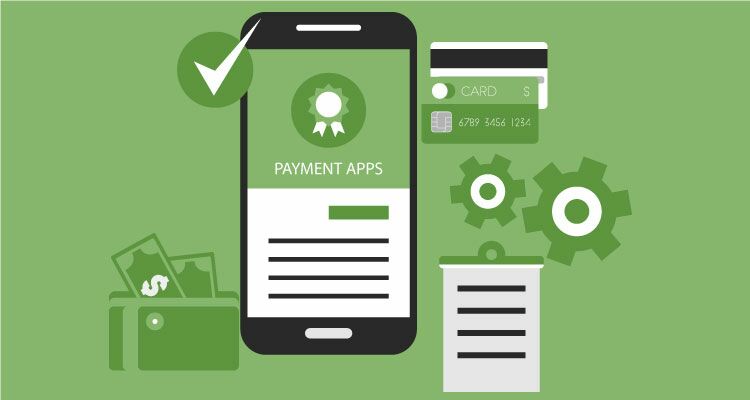In their new book The Financial Diaries, authors Rachel Schneider and Jonathan Morduch share what they learned after spending years getting a detailed account of how typical American families manage their finances.
The book examines financial inclusion, is an important topic today. While educated, middle and upper-class Americans are taking advantage of a new wave of financial innovation, the less affluent are being left behind.
Financial technology, or FinTech, is going to be a key piece in the puzzle of curing this financial affliction.
Why are people unbanked and underbanked?
In a FDIC survey released in 2016, the Federal organization found the roughly 7% of American households are unbanked. That is 9 million households with no checking account or savings account. No direct deposit. No credit cards. These families utilize virtually no mainstream financial services. In some parts of the country, as much as 40% of the population is unbanked!
With no bank relationship, these individuals have little if any credit history and poor credit scores. There is a lack of trust and understanding of how banks and mainstream financial services work. This is a serious problem the entire financial industry needs to overcome.
Instead, less savory businesses are often chomping at the bit for this demographic’s financial business. Payday loans, title loans, and other expensive, low-quality financial products are all these people have had access to.
They didn’t learn about money from school or their parents, so they have very little knowledge how to responsibly handle their money. That’s where FinTech comes in.
How digital wallets fill the void
If someone needs bank-like services but does not want to work with a bank, digital wallets are a great alternative. Mainstream companies like American Express have moved into this area with products like Bluebird and Serve, and startups like Due have thrown their hat in the ring as well.
In many ways, digital wallets work like a bank account. You can store funds, make payments, and transfer to other financial accounts. In the case of Bluebird, you can even write checks!
Digital wallets look a lot like a regular checking account to outsiders, but there are some important technical differences between bank accounts and digital wallet accounts.
To the unbanked and underbanked, the differences don’t matter. They often don’t know or care about the services banks have to offer. But this keeps them from shopping at online destinations like Amazon where the could save a lot of money compared to the local store.
As more consumers can spend with their digital wallet with the same ease and convenience of a debit card, we are on track to solving this complex problem.
FinTech and the future of financial inclusion
My first job out of college was in a bank, so I have seen first hand how these old school financial companies operate. They are slow to adapt, nervous to change, and hesitant to do anything that might ruffle customers.
Financial technology startups are not encumbered by those sentiments. While the rules of the game are the same, startups can quickly adapt to new market trends, customer feedback, and more.
Unlike a giant bank where you have to navigate a series of annoying phone menus to reach a live human, startups are right on the pulse of what their customers are saying and doing. That is a major advantage.
FinTech is the future of financial inclusion. Through digital wallets and other innovations, more and more consumers will find themselves in a better financial position thanks to financial inclusion.
FinTech is the way to level the playing field in the financial markets, by providing a way for people and businesses to keep track of financial transactions and yet still keep their money safe. I’m excited to see what they come up with next!
















